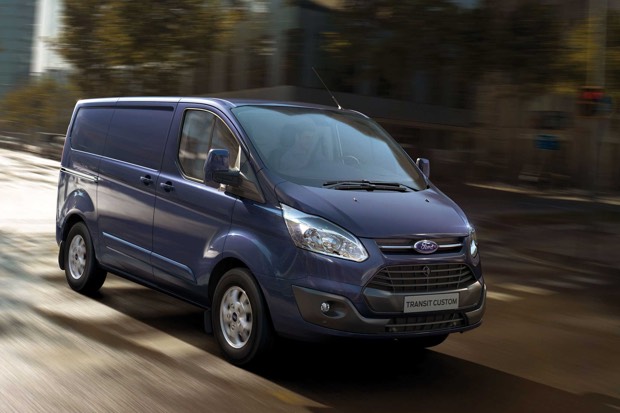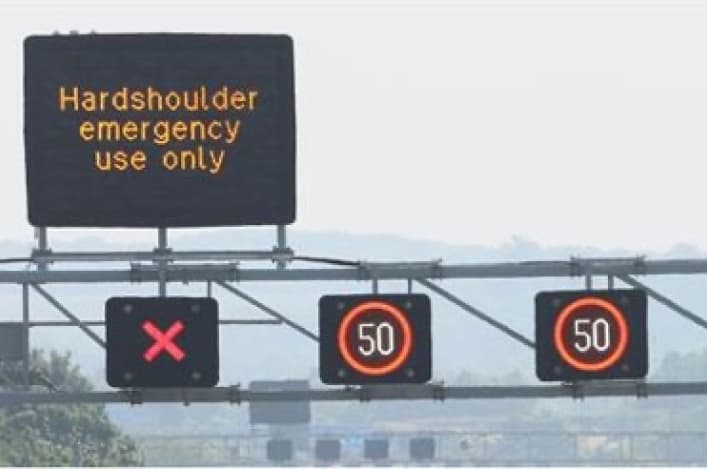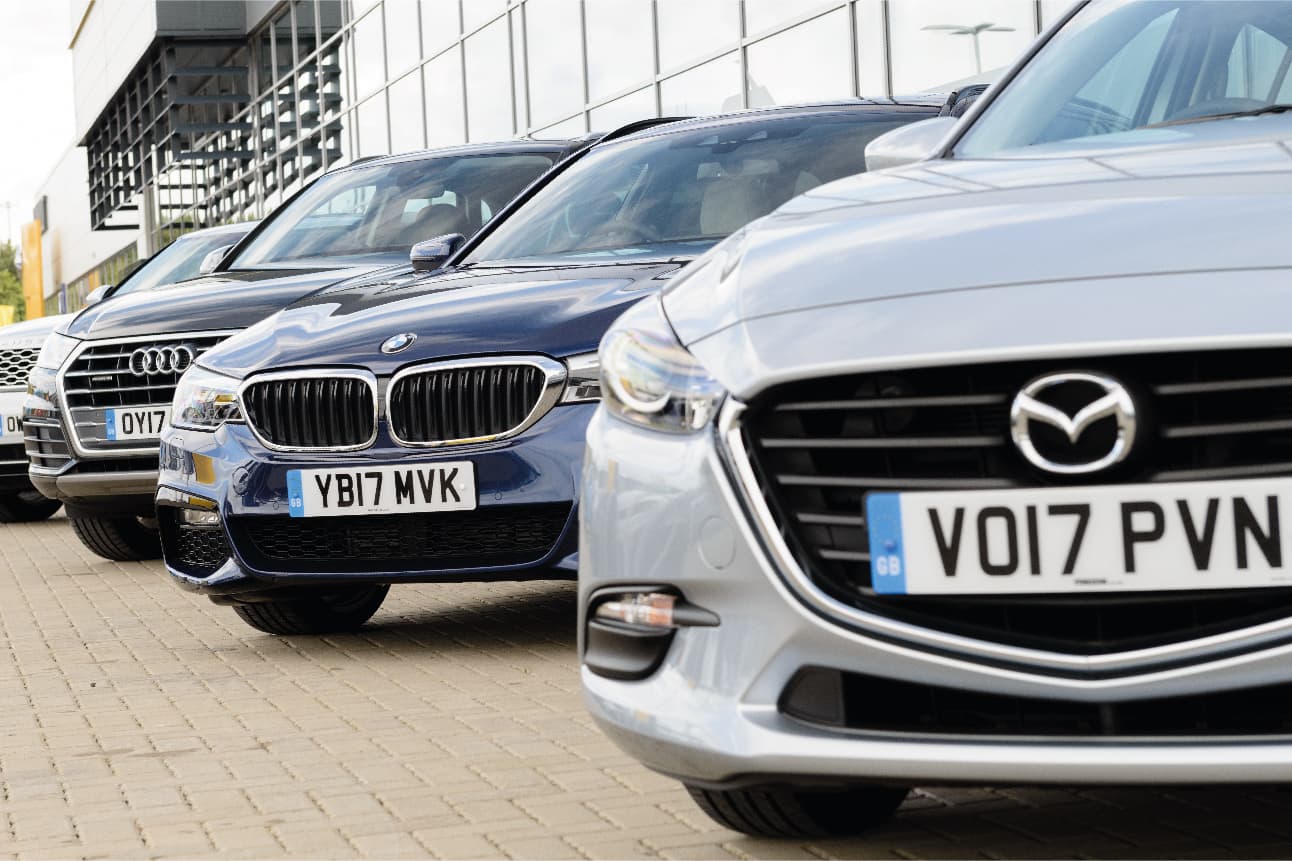18 May 2018
Government proposes graduated first year VED for vans, but concern that some businesses could be penalised
A new graduated first year Vehicle Excise Duty rate for vans could be introduced to incentive fleets and owner/drivers to choose the cleanest models.

The government's consultation document on the reform of Vehicle Excise Duty for vans suggests that, while zero emission vans would be subject to a £0 rate, the most polluting vehicles could be hit with a £500 First Year Rate. Any changes are likely to be announced in Budget 2018 in the autumn.
Simultaneously, the government has also flagged up a desire to change to an emissions-based regime the existing Van Benefit-in-Kind Tax Charge (£3,350 in 2018/19) and the Van Fuel Benefit Charge (£633 in 2018/19).
Gerry Keaney, chief executive of the British Vehicle Rental and Leasing Association, welcomed the government consultation on Vehicle Excise Duty saying: "We believe that the tax regime is a powerful way of incentivising businesses and individuals to choose low emission vehicles."
However, referring to the government's enthusiasm for a graduated Vehicle Excise Duty regime for vans, he added: "This approach is not ideal because it penalises van drivers or their employers for using what is an essential business tool. Some jobs require larger vans with larger engines and larger CO2 emissions. We do not want a Vehicle Excise Duty regime that encourages people to use vans with a smaller engine and load capacity, which they then either overload or make extra journeys with.
"We would recommend that the government uses the tax regime to incentivise people based on air quality performance, so that people are rewarded for operating a Euro6 van and penalised for driving an older, pre-Euro5 van."
The government initially highlighted that it was looking to reform Vehicle Excise Duty for vans with an announcement in the Spring Statement in March in which it signalled change would "help the great British white van driver go green" - fewer than one in every 200 vans (0.4%) bought in 2016/17 was an ultra-low emission model.
Environment Secretary Michael Gove said businesses had "a crucial role" to play in improving air quality and added: "That's why we are setting out plans to make low emission vans more affordable."
Vehicle Excise Duty on the majority of vans is a flat rate £250 in 2018/19, although the rate for early Euro4 and Euro5 compliant vans in 2018/19 is £140.
Since 2014, van manufacturers have been required to collect and declare data on the levels of carbon dioxide (CO2) emissions from their vehicles. Consequently, the government said it now had an opportunity to consider whether there should be reforms to the structure of van Vehicle Excise Duty with the suggestion that a graduated regime could be introduced similar to the 13-band regime that already applied to cars.
The government is suggesting that after an environmentally-based First Year Rate, that "generally offers benefits for new vans compared to the current standard rate" all new vans should be placed on a standard rate. That is likely to be in line with the standard rate under the existing van Vehicle Excise Duty system.
However, the consultation document says that there could still be a distinction in the standard rate for vans with particularly low levels of emissions, compared to ones which still emitted some CO2.
It is likely that 100% electric vans would attract a £0 Vehicle Excise Duty rate, thereby replicating the rate for zero-emission cars and hybrid vans would also benefit from a discount.
The consultation document says: "The simplest approach for adapting van Vehicle Excise Duty would be to base an environmental signal entirely on CO2 emissions. This would replicate the simplicity and transparency of the car system, as well as the commonly-understood methodology for how vehicles are categorised and the relative ease of administration for purchasers and dealers."
The government has suggested setting First Year Rates lower for most vans than the existing standard rate (£250 from April 1, 2018), resulting in a reduced tax rate in the first year for van purchasers. As the large majority of new vans purchased emit less than 226g/km of CO2, there was an argument for trying to incentivise fleets/drivers to choose new purchases which achieved that level of emissions or lower, said the consultation document.
The government believes any reform of van Vehicle Excise Duty should be "broadly fiscally-neutral". Therefore, it proposes to pay for the cost of any lower First Year Rates by a "small increase in the current standard rate". For illustration, on the basis of the current rates, that might mean that the £250 standard rate could rise to £255. The standard rate would apply for all vans, both those registered before any van reforms take effect, and those registered afterwards.
However, the consultation document suggests that the current car Vehicle Excise Duty bans are too "bunched", and have too many "cliff-edges". Therefore, the government also outlines that van Vehicle Excise Duty could be based on a broader and smoother distribution of bands, with a structure akin to the one currently used for company car benefit-in-kind tax. That would split out bands for hybrid vehicles to distinguish between those which were capable of higher zero-emission mileage with CO2 emissions of 1-50g/km. Above that level bands could increase in 10g/km jumps - 51-60g/km, 61-70g/km, 71-80g/km etc. However, the government says that the band thresholds were illustrative and was seeking views on the appropriate structure.
No changes to the structure of van Vehicle Excise Duty will affect existing vans, or any vans first registered before any changes to the system come into effect. They will continue to pay a flat rate, under the current van Vehicle Excise Duty system, as they do now. The small numbers of existing vans which still benefit from reduced rates since they were early adopters of Euro4 and Euro5 standards will also be unaffected by any change.
In respect of any changes to the Van Benefit-in-Kind Tax Charge and the Van Fuel Benefit Charge, the government said "it recognised the case for adopting CO2-based structures for these two benefit-in-kind charges". Calling for views on possible reform, the government added: "If there is appetite for reform, the government will publish a separate consultation on how we might achieve this."
The consultation document can be viewed here. The consultation closes on July 20. The government will then consider all responses before making decisions on any changes at Budget 2018.


